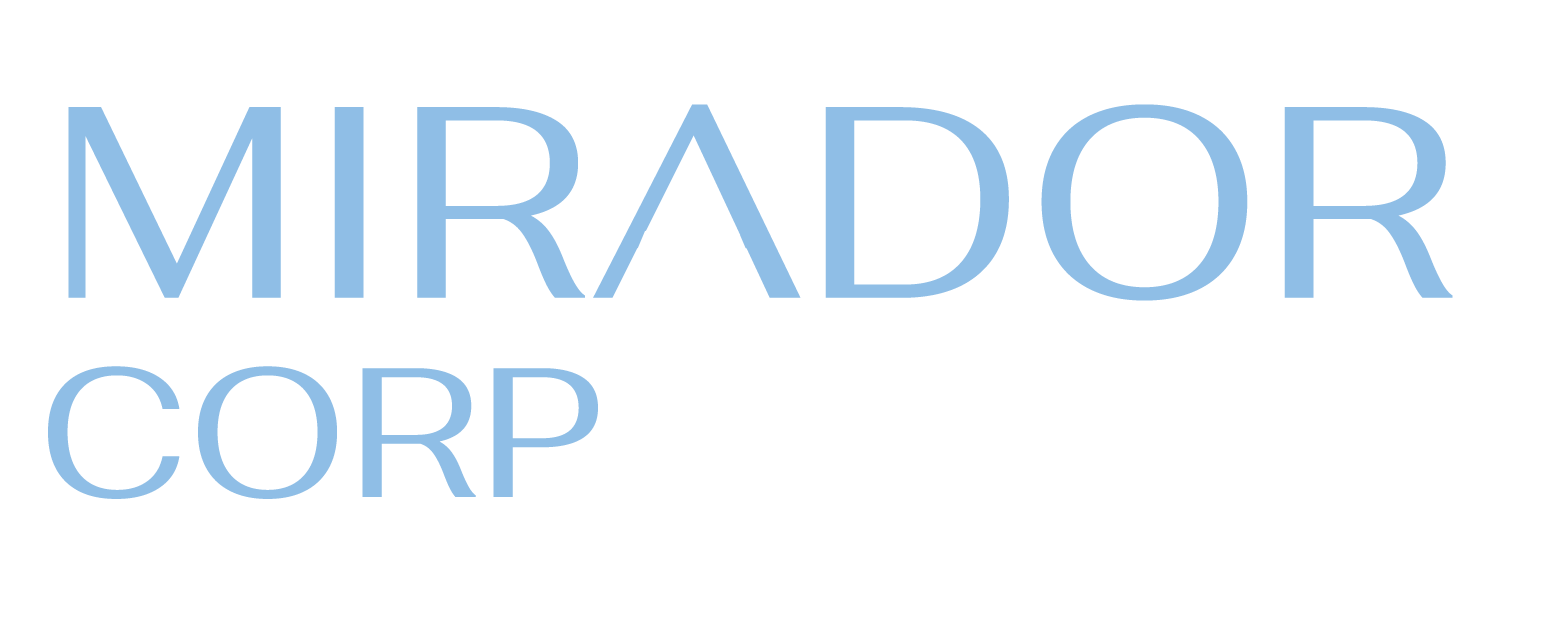Mirador Corporation Real Advice Blog
The New Proposed Federal Budget
April, 2024
The federal government delivered its budget earlier last week. While there are many articles out there summarizing the contents of the budget, we are focusing on providing highlights that most impact investments and wealth management. The following is meant to be an overview of the proposed changes. Watch for articles in the coming months which will provide more details.
Changes to Capital Gains
Currently, 50% of any capital gains realized in a year are included in income. In the budget, the federal government increases this inclusion rate to 2/3 for all corporations and trusts and for capital gains that are more than $250,000 for individuals. These changes apply to all capital gains realized after June 25, 2024.
Capital losses from prior years will continue to be deductible against taxable capital gains by adjusting their value to reflect the change in inclusion rate.
It is worth noting that the Mirador Triopay Unit Trust flows the capital gains it earns to all of the unit holders. Individuals owning units of Triopay in their non-registered accounts will only be impacted to the extent that their share of the capital gains allocated are more than $250,000.
We will be working with all of our clients affected by these changes in the coming weeks to determine if there are any planning opportunities to reduce the impact of these changes before they come into effect.
Stock Option Deduction
Currently individuals with a stock option benefit receive a 50% deduction when calculating taxable income. Pursuant to the new budget, individuals are entitled to a deduction of 50% of the stock option benefit up to a combined limit of $250,000 for both employee stock options and capital gains. For any stock option benefits more than this, the deduction is reduced to 1/3.

Lifetime Capital Gains Exemption
Eligible individuals are entitled to a cumulative lifetime capital gains exemption (LCGE) on gains realized from the disposition of qualified property (generally qualified small business corporation shares and qualified farm and fishing property). The budget increases the LCGE to $1.25 million (from just over $1 million) for dispositions that occur on or after June 25, 2024, and indicates that indexing of this amount will resume in 2026.
Canadian Entrepreneur’s Incentive
The budget has introduced a new Canadian Entrepreneur’s Incentive, which is in addition to any available LCGE. With this Incentive, which applies to dispositions occurring on or after January 1, 2025, the capital gains inclusion rate for individuals disposing of qualifying shares will be 1/2 of the prevailing capital gains inclusion rate (so 1/3 in 2025) up to a lifetime limit of $2 million per individual. This limit will be phased in by increments of $200,000 per year thus reaching the $2 million lifetime limit by January 1, 2034.
Alternative Minimum Tax
Alternative minimum tax (AMT) is a parallel tax calculation that allows fewer tax credits, deductions, and exemptions than when utilizing the personal income tax rules. Taxpayers pay the higher of regular taxes and AMT.
This budget makes further changes to the draft Alternative Minimum Tax proposals that were tabled last year. The budget is proposing to allow individuals to claim 80% of the charitable donations tax credit for AMT purposes (instead of 50% which was previously proposed). Changes also include amendments to allow certain deductions such as the guaranteed income supplement and exempt Employee Ownership Trusts from AMT.

Qualified Investments for Registered Plans
The budget is asking for stakeholder feedback on the qualified investment rules to provide suggestions on how to modernize and clarify the qualified investment rules for registered plans. This includes seeking input on issues regarding investments in small business, whether annuities should continue to be qualified investments and also on the conditions certain pooled investment products must meet to be a qualified investment.
Home Buyers Plan
The Home Buyers Plan (HBP) allows individuals to withdraw funds from their RRSP to help with the purchase or building of their first home, without having to pay tax on the withdrawal. Eligible individuals that are purchasing a home jointly are each able to withdraw funds from their RRSP under the HBP.
The budget proposes to increase the withdrawal limit under the HBP from its current threshold of $35,000 to $60,000. For withdrawals under the HBP that are between January 1, 2022 and December 31, 2025, the budget temporarily defers the start of the 15 year repayment period to the fifth year following the year in which a first withdrawal is made (it was previously the second year).
CPP Benefits
The federal and provincial governments have agreed to some amendments to the Canada Pension Plan. These include doubling the death benefit for some contributors, introducing a partial child benefit for part-time students, extending the eligibility for the disabled contributors children’s benefit beyond a parent’s 65th birthday and ending eligibility for survivor pensions if a couple is legally separated. These changes are not expected to impact CPP contribution rates.

We can help! If you have any questions or concerns about how the recent budget may impact your overall wealth or estate plans, please do not hesitate to reach out to Joyce at 403-978-6798.
Joyce Clarke, CPA, CA
Making Investor’s Lives Better
